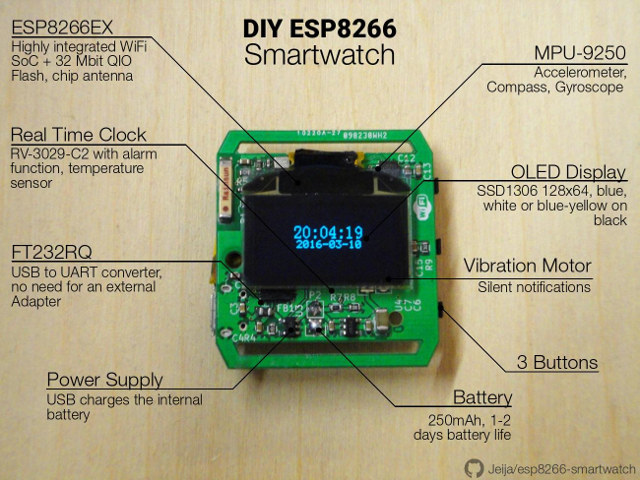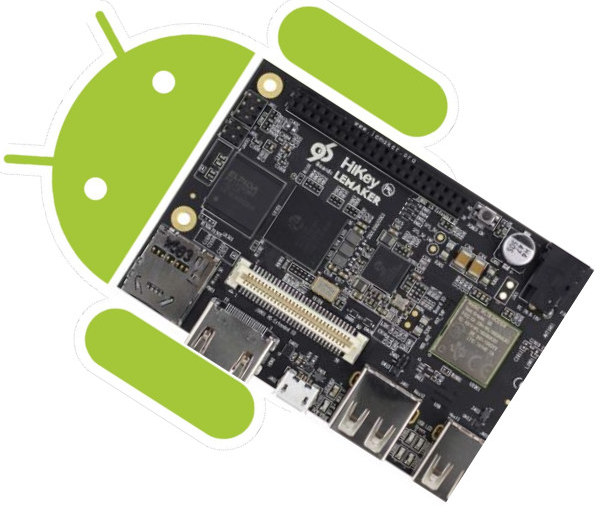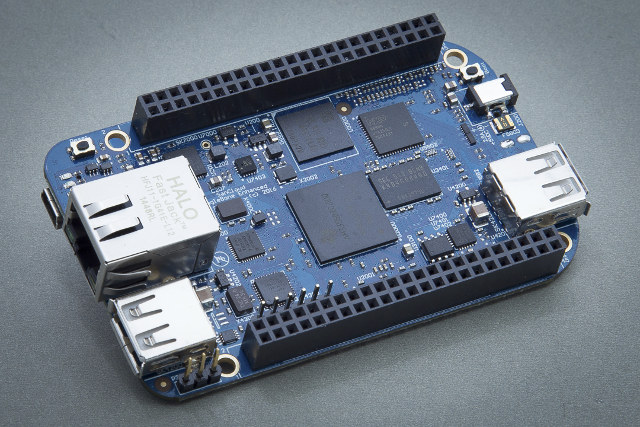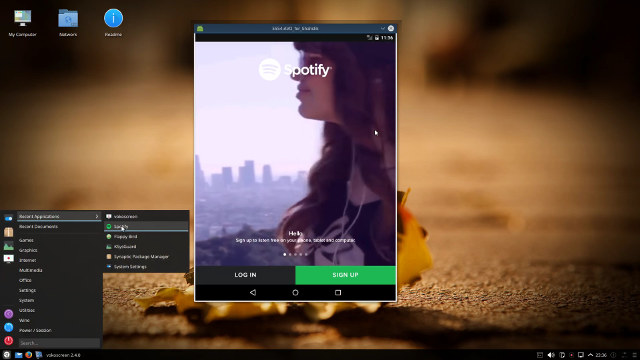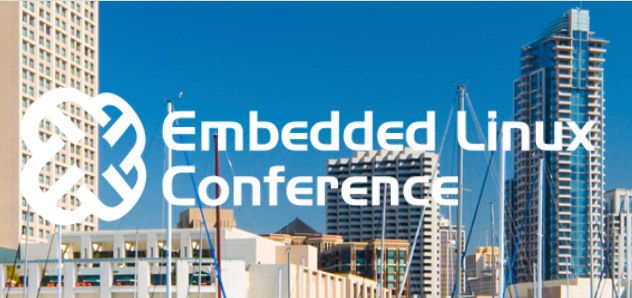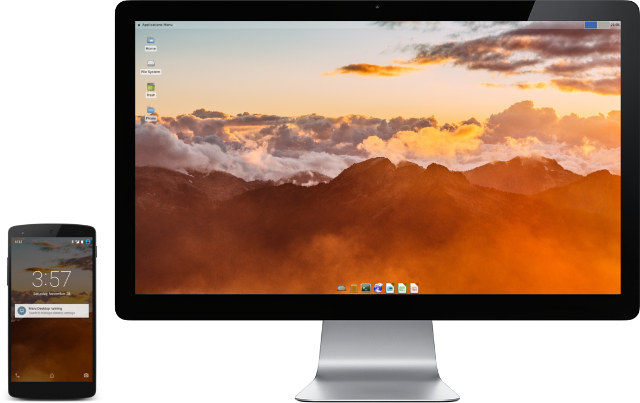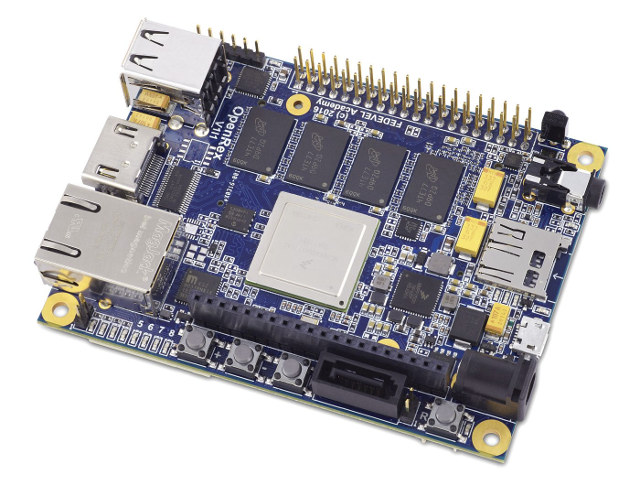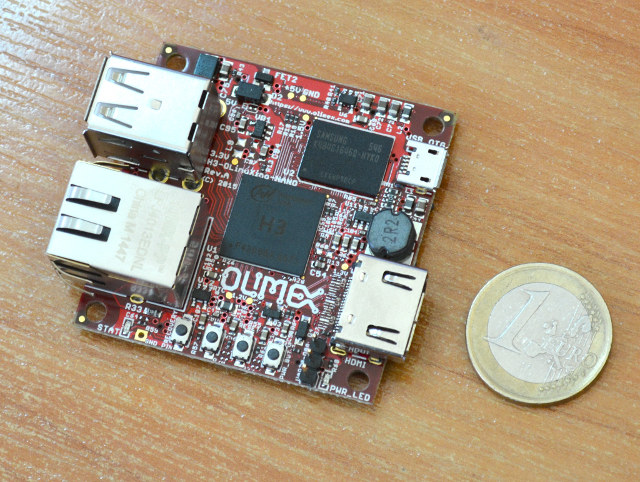ESP8266 might be the cheapest WiFi SoC for IoT application available, but it’s not really renowned for its power efficiency, and is often not considered the best choice for battery powered applications. This has not stopped Jeifa from developing a WiFi smartwatch based on the chip, and the 250 mAh battery used in the design is said to be good enough for 1 or 2 days of operation on a charge. Main components of Jeija’s ESP8266 smartwatch: SoC – Espressif ESP8266 with 32Mbit of flash memory Display – SSD1306 OLED Display, 128×64 resolution Connectivity – 802.11 b/g/n WiFi (via ESP8266) Sensor – Invensense MPU-9250 gyroscope, accelerometer, and compass Debugging / Programming – FT232RQ for USB communication Misc RV-3029-C2 Real Time Clock with alarm function, and temperature sensor 3x user buttons Vibration Motor Power 250mAh LiPo battery MCP73831 LiPo charger Dimensions – 35 x 39 x 11mm (board) He designed the […]
96Boards Hikey Development Board is Now Officially Supported in AOSP
Hikey is a one of the first 96Boards compliant development board manufactured by either LeMaker in China and CircuitCo in the US, and while the hardware requirements of 96Boards specifications are rather easy to meet, the software requirements including “bootloader (open source), accelerated graphics support (binary or open source), a Linux kernel buildable from source code based from mainline, or the latest Google-supported Android kernel version” are much harder to comply with. Linaro had a very good news for Linaro Connect Bangkok as they announced Hikey board was supported in Android Open Source Project (AOSP). So that means Hikey board will run the latest version of Android like Google Nexus devices, with the advantage of also getting more recent devices. If you want to build an Android image from AOSP just retrieve the source code:
|
1 2 |
repo init -u https://android.googlesource.com/platform/manifest repo sync -j8 |
Grab & extract vendors binaries for Hikey from Google.com. and complete the build:
|
1 2 3 |
source build/envsetup.sh lunch hikey-userdebug make -j8 droidcore |
[…]
BeagleBone Enhanced Adds Gigabit Ethernet, More Memory & USB Ports, and Sensors (Crowdfunding)
It’s nice to see BeagleBone Black‘s open source hardware being leveraged by third parties, as we’ve already seen designs such as BeagleBone Green and BeagleBone Black Industrial 4G in the past, and now UK based SanCloud has decided to launch BeagleBone Enhanced on Indiegogo (flexible funding). BeagleBone Enhanced board specifications with bold highlights showing improvements over the BeagleBone Black Rev. C: SoC – Texas Instruments Sitara AM3358 Cortex A8 @ 1 GHz + PowerVR SGX530 GPU System Memory – 1GB DDR3 RAM @ 800 MHz Storage – 4GB eMMC flash + micro SD slot, optional 1MB SPI NOR flash USB – 2x USB 2.0 host port (A type), mini USB OTG port, 2x USB interfaces via expansion header Serial Port – UART0 via 3.3V TTL header Ethernet – Gigabit Ethernet Video Output – micro HDMI with EDID support, up to 1280×1024 resolution. Audio Output – Via HDMI Sensors Optional 6 […]
Run Android Apps in Linux with Shashlik Android Emulation Layer
There are already ways to run Android apps in Linux distributions such as Ubuntu or Debian, including the Android SDK emulator, running Android-x86 or Remix OS in a virtual machine, or using Genymotion, but those solutions are a little cumbersome to setup. Shashlik Android emulation layer aims to simplify the process of running Android apps in their own window within Linux desktop distributions. The Android apps can be started from the start up menu or dash like any Linux program. The apps are currently running inside an emulator so you actually boot a stripped down version of Android each time you start the app, which means they’ll take a little while to start. OpenGL and graphics are all rendered on the host for better performance. In the future, the emulator (virtual machine) may be dropped, and instead Shashlik could simply become a container, which requires rewriting libbinder in userspace There […]
Embedded Linux Conference 2016 and OpenIoT Summit 2016 Schedule
The Embedded Linux Conference 2016 and the OpenIoT summit 2016 will take place on April 4 – 6, 2016 in San Diego, California, and over 800 attended will meet including kernel & system developers, userspace developers, and product vendors. The Linux Foundation has recently published the schedule, so I’ve had a look at some of the talks, and designed my own virtual schedule to find out more the current development focus although I won’t attend. Monday April 4 10:40am – 11:30am – Linux Connectivity for IoT by Marcel Holtmann, Intel OTC There are many connectivity solutions that available for IoT. For example Bluetooth Low Energy, 802.15.4, Zigbee, OIC, Thread and others. This presentation will provide and overview of the existing technology and upcoming standard and how they tie into the Linux kernel and its ecosystem. 11:40 – 12:30 – BoF: kernelci.org: A Million Kernel Boots and Counting by Kevin Hilman, […]
Open Source Operating Systems News – Maru OS, Zephyr, ReactOS, Tizen 3.0, and Raspbian
There have been several news related to open source operating systems in the last couple of weeks including Maru OS to run Debian on Android, Zephyr Project real-time OS managed by the Linux Foundation, ReactOS an open source port of Windows XP, and Raspberry Pi boards are getting a Tizen 3.0 port, as well as a new Raspbian release. Maru OS – Mobile <-> Desktop Convergence Maru OS mobile operating system is supposed to do what Ubuntu convergence promised: it runs in mobile mode on the go with Android Lollipop mobile OS, once you connect the phone to an HDMI screen, and pair Bluetooth keyboard and/or mouse, it will switch to desktop mode running Debian Linux. The downside is that so far it a single developer (Preetam D’Souza) worked on it, and the beta version only works on Nexus 5 smartphone. However, since the project went viral, dozen of other […]
OpenRex NXP I.MX6 Open Source Hardware Board Design Files Released
OpenRex is an open source hardware board powered by NXP i.MX6 designed by Fedevel, and the company has announced the release of Altium project design files including both schematics and PCB layout source files, as well as manufacturing documentation. OpenRex board specifications: SoC – NXP i.MX6 processor @ up to 4 cores @ 1.2GHz with 2D and 3D GPU MCU – NXP LPC1345FHN33 ARM Cortex-M3 micro-controller System Memory – DDR3-1066 (533MHz) up to 4GB Storage – SATA, micro SD slot, 1x I2C EEPROM, 1x SPI FLASH Video Output / Display I/F – 1x HDMI up to 2048×1536 resolution, LVDS, parallel RGB display output, touchscreen connector (Optional 4x Analog input) Audio – HDMI output, 3.5mm stereo headphone jack, Camera – 1x Parallel CSI camera (shared with RGB output), 1x MIPI CSI connector compatible with Raspberry Pi (shared with LVDS) Connectivity – 1x 10/100/1000 Mbps Ethernet USB – 2x USB 2.0 host […]
Olimex H3-OLinuXino-NANO is a Smaller Allwinner H3 Board with HDMI, Ethernet, and Many I/Os
Allwinner H3 processor is quite popular in development boards thanks to some of Shenzhen Xunlong’s Orange Pi boards such as Orange Pi PC or Orange Pi One. However, some specific features may not work 0ut of the box, or are undocumented, so it’s always a plus when more companies create boards for a platform, and that’s exactly what Olimex has done with H3-OlinuXino-NANO, a board that’s smaller than any Orange Pi boards, the first open source hardware Allwinner H3 board on the market, and featuring many more I/O pins available. Olimex H3-OlinuXino-NANO specifications: SoC – Allwinner H3 quad core Cortex-A7 processor @ 1.2 GHz with Mali-400MP2 GPU System Memory – 512MB of DDR3 RAM Storage – micro SD card slot Video Output- HDMI up to 1080p60 Connectivity – 10/100M Ethernet USB – 2x USB host ports + 1x micro USB OTG port Expansion – Optional 2x 40-pin headers with GPIOs, […]


